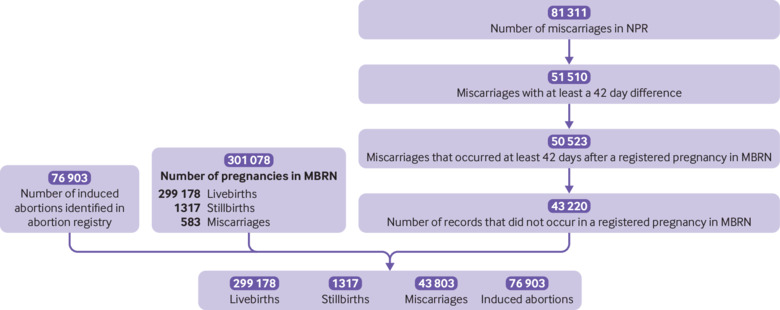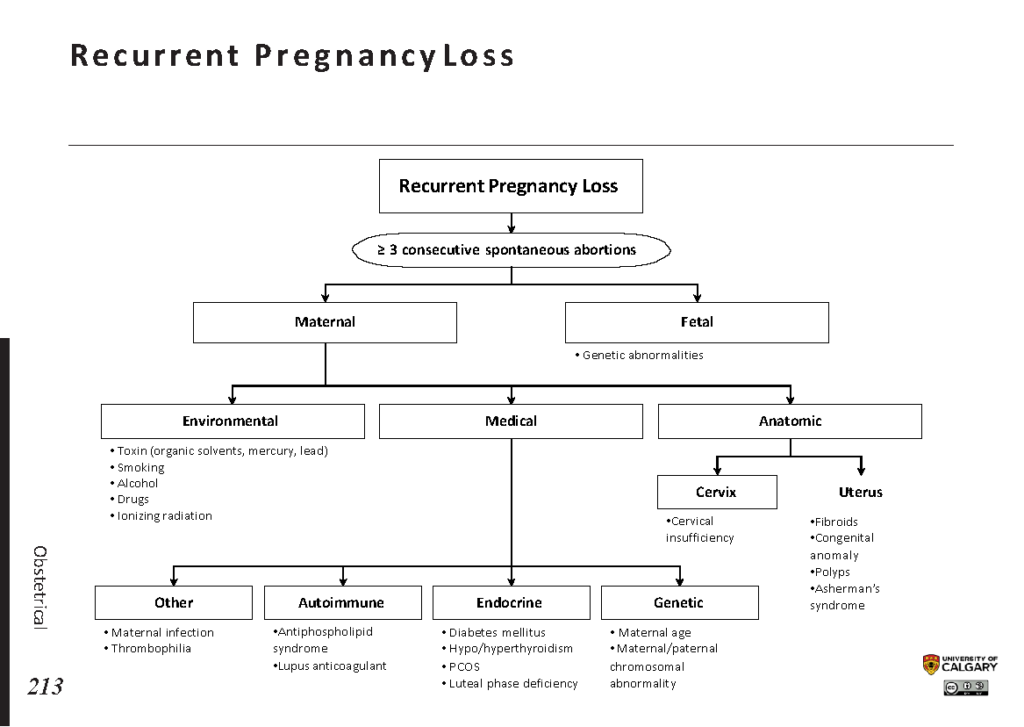Miscarriage, often referred to as spontaneous abortion in medical terms, is a deeply personal and challenging experience that affects many individuals and couples worldwide. It refers to the loss of a pregnancy before the twentieth week. While it is a common occurrence, affecting approximately ten to twenty percent of known pregnancies, the emotional toll it takes on those involved can be profound. Understanding the causes, recognizing the symptoms, and addressing the emotional impact are essential steps toward healing and moving forward.

Understanding Miscarriage
A miscarriage is defined as the natural loss of a pregnancy during the early stages. Though it is often unexpected and unexplained, there are several factors that may contribute to this outcome. It is important to note that in most cases, a miscarriage is not caused by anything the individual did or failed to do. Rather, it is often the result of underlying biological or chromosomal issues.
Common Causes of Miscarriage
The reasons behind a miscarriage can vary widely, but some of the most common causes include:
- Chromosomal Abnormalities: In many cases, the developing fetus has an abnormal number of chromosomes, which prevents it from developing properly. This is the most frequent cause of early pregnancy loss.
- Hormonal Imbalances: Insufficient levels of progesterone or other hormones necessary for maintaining a pregnancy can increase the risk of miscarriage.
- Uterine or Cervical Issues: Structural abnormalities in the uterus, such as fibroids or a misshapen uterus, can interfere with the implantation or growth of the embryo. A weak cervix may also lead to premature dilation and miscarriage.
- Infections: Certain infections, such as bacterial vaginosis or sexually transmitted diseases, can increase the likelihood of pregnancy loss.
- Chronic Health Conditions: Conditions like diabetes, thyroid disorders, or autoimmune diseases can heighten the risk of miscarriage if not properly managed.
- Lifestyle Factors: Smoking, excessive alcohol consumption, drug use, and high levels of caffeine intake have all been linked to an increased risk of miscarriage.
Less Common Causes
In addition to the more prevalent causes, there are less common factors that can contribute to miscarriage:
- Immune System Disorders: In rare cases, the immune system may mistakenly attack the developing embryo, leading to pregnancy loss.
- Blood Clotting Disorders: Conditions that affect blood clotting, such as antiphospholipid syndrome, can disrupt blood flow to the placenta and cause miscarriage.
- Environmental Factors: Exposure to harmful substances, such as radiation or toxic chemicals, can pose risks to a developing pregnancy.
Recognizing the Symptoms of Miscarriage
While some miscarriages occur without warning, others present clear signs that something may be wrong. Recognizing these symptoms early can help individuals seek medical attention and support promptly.
Physical Symptoms
The physical signs of a miscarriage can vary depending on how far along the pregnancy was at the time of loss. Some common symptoms include:
- Vaginal Bleeding: Light spotting or heavy bleeding is one of the most noticeable signs of a possible miscarriage. However, it is important to note that not all bleeding during pregnancy indicates a miscarriage.
- Severe Cramping: Intense pain in the abdomen or lower back can accompany a miscarriage. The cramps may feel similar to menstrual cramps but are often much stronger.
- Painful Contractions: Some individuals experience contractions that occur every five to twenty minutes, signaling the body’s attempt to expel the pregnancy tissue.
- Pregnancy Tissue Passing: In some cases, individuals may notice tissue passing from the vagina. This tissue may appear grayish or pinkish in color.
- Sudden Loss of Pregnancy Symptoms: A sudden disappearance of symptoms such as nausea, breast tenderness, or fatigue may indicate that the pregnancy has ended.
When to Seek Medical Attention
If any of the above symptoms are experienced, it is crucial to contact a healthcare provider immediately. They can perform tests, such as an ultrasound or blood work, to determine whether a miscarriage has occurred or if the pregnancy is still viable. Early intervention can provide clarity and guidance during a confusing and emotionally charged time.
The Emotional Impact of Miscarriage
Experiencing a miscarriage is not only a physical event but also an emotional one. The feelings that arise after a miscarriage can be overwhelming and complex, affecting individuals and couples in different ways.
Common Emotional Responses
The emotional aftermath of a miscarriage can include a wide range of reactions, such as:
- Grief and Sadness: Many individuals feel a deep sense of loss and sorrow after a miscarriage. This grief can be compounded by the fact that the pregnancy may not have been publicly announced yet.
- Guilt and Self-Blame: It is common for individuals to question whether they did something to cause the miscarriage, even though it is rarely their fault.
- Anxiety and Fear: After experiencing a miscarriage, some individuals may develop anxiety about future pregnancies or fear that they will never be able to carry a pregnancy to term.
- Anger and Frustration: Feelings of anger may arise, directed either inward or outward, as individuals struggle to make sense of what happened.
- Isolation and Loneliness: Miscarriage can be a lonely experience, especially if friends and family do not fully understand or acknowledge the depth of the loss.
Coping with the Emotional Aftermath
Healing emotionally after a miscarriage is a deeply personal process, and there is no “right” way to grieve. However, there are several strategies that can help individuals and couples navigate this difficult time:
- Allow Yourself to Grieve: Acknowledge your feelings and give yourself permission to mourn the loss. Suppressing emotions can prolong the healing process.
- Seek Support: Reach out to trusted friends, family members, or support groups who can offer understanding and comfort. Talking about your experience can be incredibly therapeutic.
- Consider Professional Help: If feelings of sadness, guilt, or anxiety persist, speaking with a therapist or counselor who specializes in reproductive health can be beneficial.
- Create a Ritual: Some individuals find comfort in creating a small ritual or memorial to honor the lost pregnancy. This can provide a sense of closure and peace.
- Be Patient with Yourself: Healing takes time, and it is important to be gentle with yourself as you navigate the ups and downs of grief.
Supporting a Partner Through Miscarriage
Miscarriage does not only affect the individual carrying the pregnancy; it also impacts their partner. Partners may experience their own grief and feelings of helplessness. Supporting each other through open communication and shared experiences can strengthen the relationship during this challenging time.
- Listen Without Judgment: Allow your partner to express their feelings without offering unsolicited advice or trying to “fix” the situation.
- Share the Grief: Acknowledge that both partners are grieving and that it is okay to feel differently about the loss.
- Attend Appointments Together: Accompanying your partner to medical appointments can show solidarity and provide emotional support.
- Take Care of Practical Needs: Offering to handle daily tasks or responsibilities can alleviate some of the stress during this difficult period.
Moving Forward After Miscarriage
While the journey after a miscarriage is unique for everyone, many individuals find hope and healing as they move forward. Whether planning for another pregnancy or focusing on self-care, taking small steps can lead to significant progress over time.
Considering Future Pregnancies
For those who wish to try again, it is important to consult with a healthcare provider to discuss the best timing and any necessary precautions. Many individuals go on to have successful pregnancies after experiencing a miscarriage, but it is essential to approach the process with patience and care.
Finding Meaning and Purpose
Some individuals find solace in channeling their emotions into meaningful activities, such as volunteering, raising awareness about miscarriage, or supporting others who have gone through similar experiences. These actions can help transform pain into purpose and foster a sense of connection with others.





